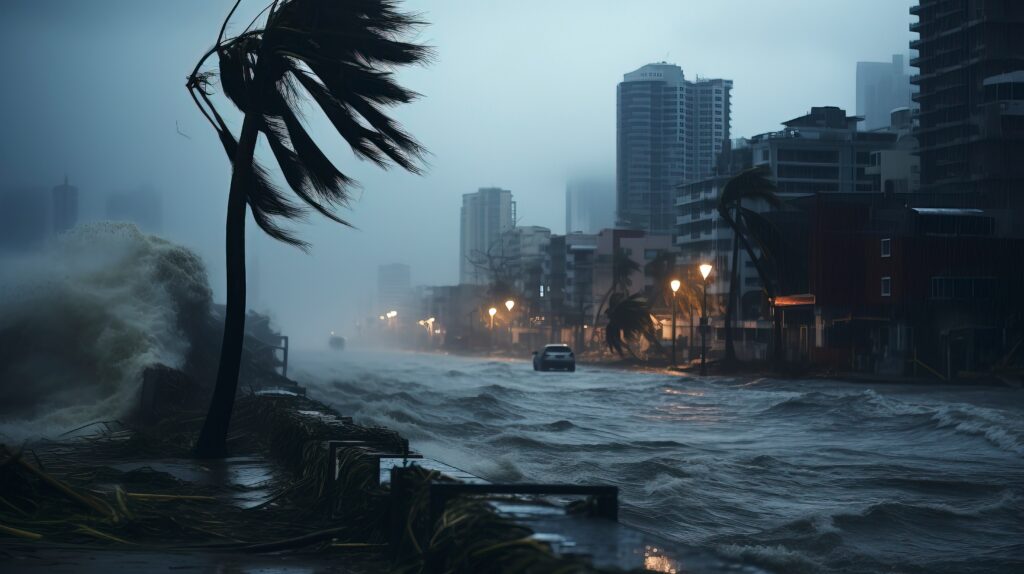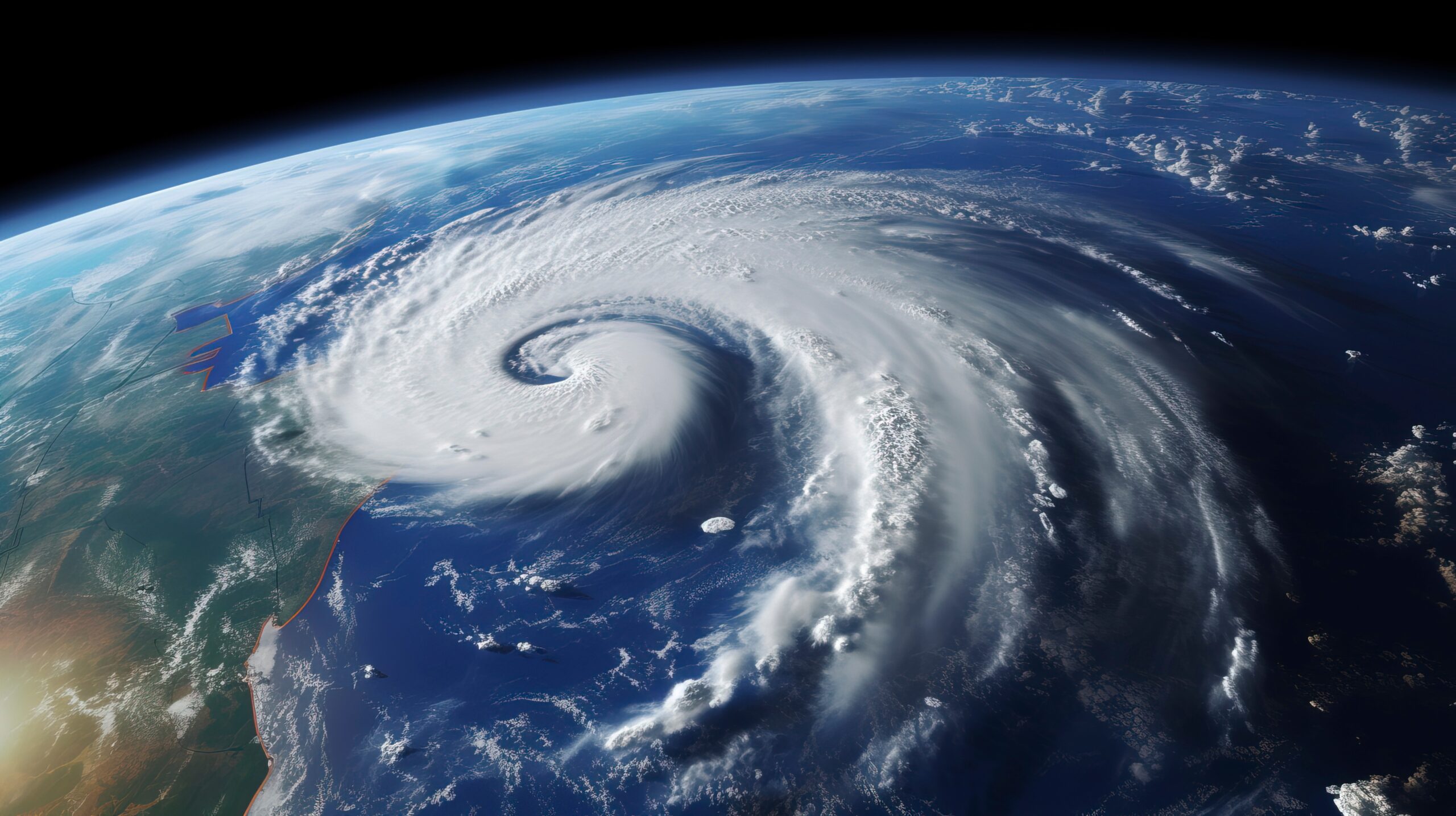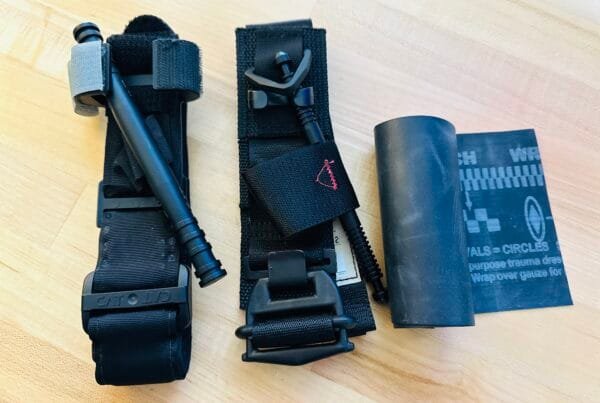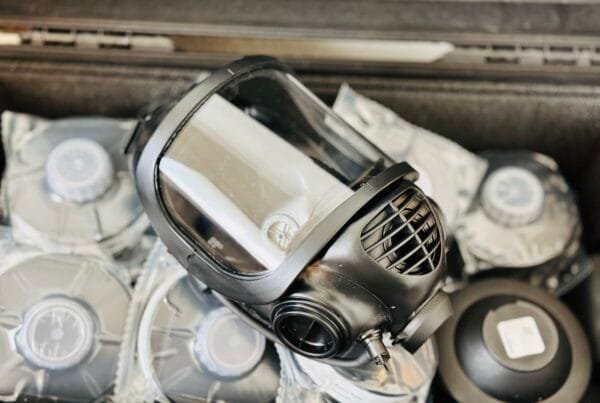How Would You Fare In a Disaster?
Have you ever wondered how you would react in a disaster? Would you jump into heroic action, or freeze? Would you be a survivor? Many of us have spent time thinking through worst-case scenarios and asking ourselves these tough questions.
In her book, The Unthinkable: Who Survives When Disaster Strikes – and Why, Amanda Ripley takes the thought experiment a step further by methodically analyzing real-world disasters and the outcomes for individuals involved. The driving question of The Unthinkable is: why do some people survive disasters, while others don’t?
A Background in Disasters
What makes The Unthinkable such an intriguing book at first glance is the fact that Mrs. Ripley does not come from a crisis readiness background. Perhaps her fascination with disasters stemmed from her journalistic work on the 9/11 terrorist attacks, as well as coverage on Hurricanes Katrina and Rita for Time Magazine.

Whatever the reason, Mrs. Ripley displays a genuine passion for uncovering the truths behind why some people excel in disasters while others fail. With a commendable sense of journalistic integrity, extensive research, and high-caliber interviews, Mrs. Ripley examines a wide swath of historic real-world disasters ranging from terrorist attacks to tsunamis to mass shootings.
The Disaster Mentality
Throughout the book, Mrs. Ripley lays out mental and physiological reasons for why some people are more likely to react well in a disaster. However, her most compelling ideas come to light in her discourse on three common stages that everyone experiences during a disaster. These are denial, deliberation, and the decisive moment.
As the reader comes to understand, an individual’s performance in each of these three stages will largely dictate how they fare in the disaster. The good news, as Mrs. Ripley finds, is that it’s possible to prepare ahead of time to boost performance in a real crisis.
While The Unthinkable is not strictly intended as a survival how-to book, an attentive reader will glean a wealth of information from its pages. In fact, several findings from The Unthinkable are taught in the ALERRT Center’s “Civilian Response to Active Shooter Events” course. The book is also referenced in Failstate’s Guide to Disaster Readiness course.
For any responsible citizen curious to learn about real-world disasters, and how different individuals have achieved wildly different outcomes in worst-case scenarios, The Unthinkable is a must-read.




